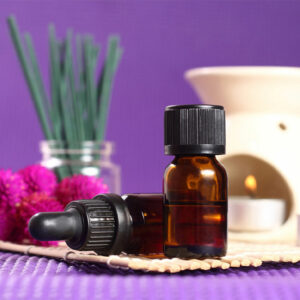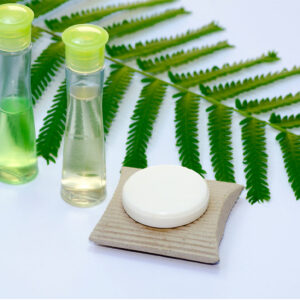
shopping
Top 5 luxury perfumes
A one-of-a-kind perfume can mesmerize almost anyone. And it is hard to deny that there’s something so alluringly different about luxury fragrances. If you have money to splurge, it is worth investing in scents crafted by some of the most renowned master perfumers in the fragrance industry. Some of these cost a pretty penny, but they are worth every penny. We have curated a list of the best luxury perfumes made from the finest aromatics. Bond No.9 New York Saks Fifth Avenue The luxury fashion store Saks Fifth Avenue exclusively sells Bond No.9 New York collection for both men and women in their signature DNA patterned bottle. Women can find their classic gardenia eau de parfum, concocted with a hint of sparkling jasmine, vetiver, and smooth vanilla, at the store. Men can get a bottle of the elegant aqua scent with the addition of Sicilian bergamot, cardamom, amber, and cedarwood. A 3.38 oz bottle costs approximately $250. Creed Aventus The House of Creed launched Aventus in 2010 to celebrate its 250th anniversary, and the perfume became their most popular fragrance. Aventus, which is designed for men, comes in a stunning flask-like bottle featuring an emblem of Emperor Napoleon. The scent’s base is musk and oak, which is enhanced by fruit top notes of blackcurrant, French apples, pineapple, and Italian bergamot.












